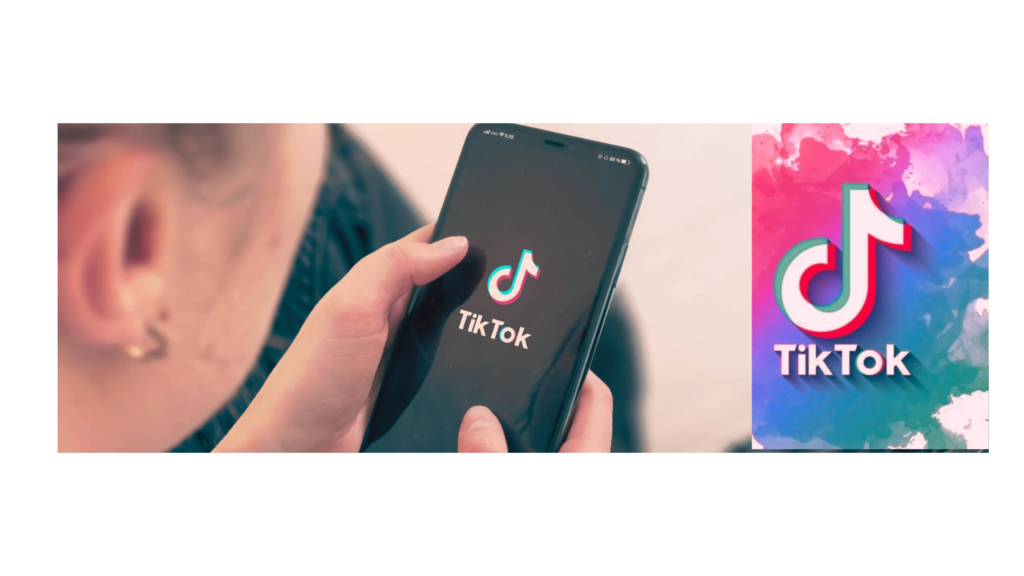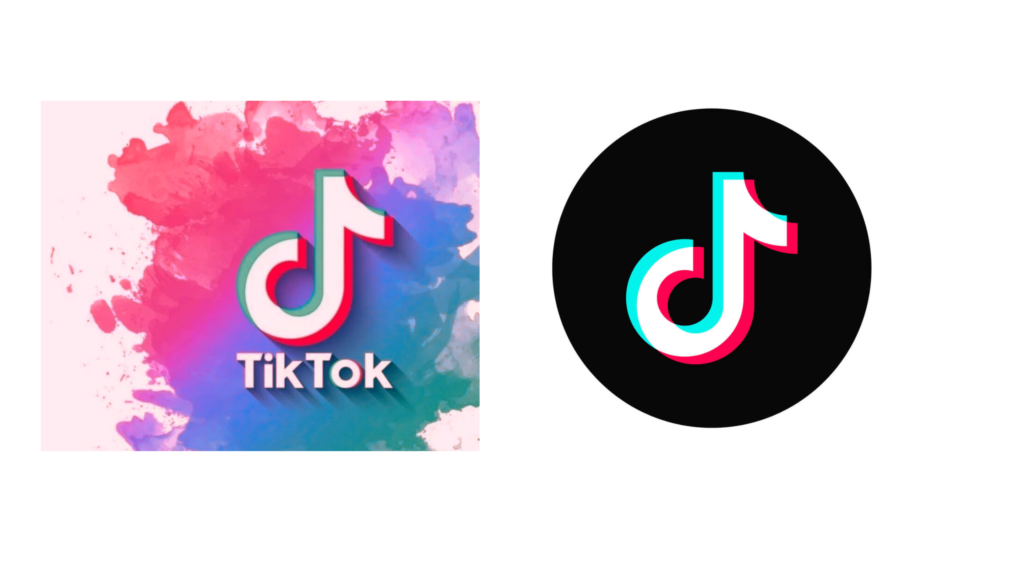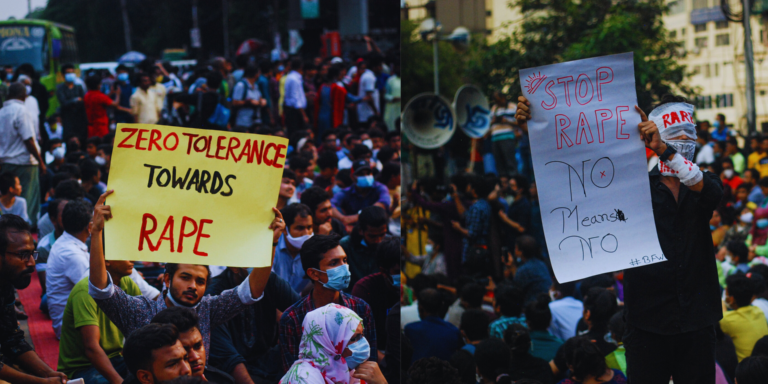
CNN in New York —
TikTok’s attempt to overturn a law that might lead to the platform’s suspension in the US has been unsuccessful.
In a decision on Friday, a US appeals court maintained the statute. The judges dismissed TikTok’s claim that the statute was unconstitutional, concluding that it neither “violates the Fifth Amendment guarantee of equal protection of the laws” nor “contravenes the First Amendment to the Constitution of the United States.”
TikTok is anticipated to appeal the decision, which puts the site one step closer to a US ban beginning on January 19, 2025, unless it can persuade its Chinese parent firm ByteDance to sell and find a buyer. If TikTok is not sold by the deadline, US app shops and internet providers risk heavy fines for hosting the app. (Biden has the authority to extend the deadline once under the statute.)
TikTok is anticipated to appeal the decision, which puts the site one step closer to a US ban beginning on January 19, 2025, unless it can persuade its Chinese parent firm ByteDance to sell and find a buyer. If TikTok is not sold by the deadline, US app shops and internet providers risk heavy fines for hosting the app. (Biden has the authority to extend the deadline once under the statute.)

A request for comment from TikTok was not immediately answered.
After years of worry on Capitol Hill that ByteDance is a national security threat, President Joe Biden signed a law in April requiring the platform to be sold to a new, non-Chinese owner or prohibited in the United States. Lawmakers are particularly concerned that ByteDance would provide the Chinese government access to user data for surveillance purposes or that the Chinese government might compel the business to utilize TikTok’s algorithm to disseminate propaganda.
In May, TikTok filed a lawsuit to overturn the rule, claiming it unfairly singled out the company and violated the free speech of its more than 170 million American users. A group of individual TikTok creators’ claims were combined with that lawsuit by the court.
After years of worry on Capitol Hill that ByteDance is a national security threat, President Joe Biden signed a law in April requiring the platform to be sold to a new, non-Chinese owner or prohibited in the United States. Lawmakers are particularly concerned that ByteDance would provide the Chinese government access to user data for surveillance purposes or that the Chinese government might compel the business to utilize TikTok’s algorithm to disseminate propaganda.

In May, TikTok filed a lawsuit to overturn the rule, claiming it unfairly singled out the company and violated the free speech of its more than 170 million American users. A group of individual TikTok creators’ claims were combined with that lawsuit by the court.
US government lawyers contended in a September hearing that TikTok’s algorithm is under the control of its parent business in China and may be used to sway American users.
The US Court of Appeals for the District of Columbia’s three-judge bench recognized in its decision that American users of TikTok “create and view all sorts of free expression and engage with one another and the world.”
Nonetheless, they stated that “divesting the platform from the (People’s Republic of China’s) control is essential to protect our national security, in part because of its expansive reach,” as decided by Congress and several presidents.
The court’s decision on Friday mainly deferred to Congress, concluding that the TikTok law was crafted by lawmakers acting within their constitutional authority and according to the proper process. According to the justices, the law “narrowly” addressed the particular issue of TikTok’s connections with China and “does not suppress content or require a certain mix of content.”
According to the judges, “Americans would continue to have the freedom to read and distribute as much PRC propaganda (or any other content) as they like on TikTok or any other platform of their choosing.” The Act targets the PRC’s capacity to secretly alter the material. In that sense, the government’s explanation is completely consistent with the First Amendment.
The justices rejected TikTok’s challenges to the US government’s national security concerns, unimpressed by the company’s rebuttals. They claimed that TikTok’s explanation of its data gathering “misses the forest for the trees” and that the company only “quibbles” with the way US regulators have described its data methods.
A proposed agreement with US national security officials that TikTok said would have addressed the possible surveillance issues had been a major topic of contention in the case. By pursuing talks for months, abruptly cutting off communication, and then supporting the legislation that Biden eventually signed, TikTok suggested during the lawsuit that the US government had operated in bad faith. In response, US government attorneys said the draft agreement was not enough to address the security issues.
The judges said they “can neither fault nor second guess” the US officials’ conclusion that the draft contract with TikTok didn’t go far enough, siding with the US government on Friday in the deal negotiations.
Jasmine Enberg, chief analyst at Emarketer, called the decision a “significant setback, but not yet the end of the road for TikTok.”
“The social landscape would undergo significant upheaval if an appeal to the Supreme Court also fails in favor of TikTok and the ban is implemented, harming content creators and small businesses that depend on the app for revenue while benefitting Meta, YouTube, and Snap,” Enberg wrote in an email.
One day before President-elect Donald Trump takes office, the ban might take effect if TikTok fails to successfully appeal or split out from ByteDance. Even though Trump attempted to outlaw TikTok in the US under his previous administration, he has since indicated that he no longer intends to do so. In a June video that was uploaded to the app, Trump declared that he would “never ban TikTok.” It’s unclear, though, if he will be able to reverse the law or find a means to get around its enforcement.







